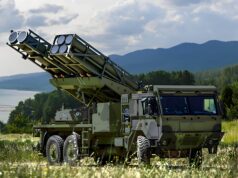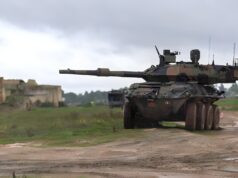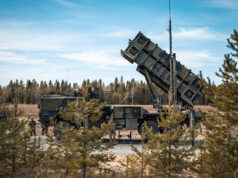The symposium will focus on ‘Digital transformation: smart machines for smarter decisions’, discussing how innovations in artificial intelligence and machine learning can both challenge and support NATO missions and operations.
Issues to be addressed at the symposium will include traditional and AI-enabled information assurance, addressing supply chain security challenges, moving from information assurance to mission assurance, data as a strategic resource, and the cloud.
Clare Hutchinson, NATO Special Representative for Women, Peace and Security, and Antonio Missiroli, NATO Assistant Secretary General for Emerging Security Challenges, are confirmed to speak at the symposium. Policy makers, academics and industry experts from across the Alliance will also participate in the event.
The three-day NIAS offers a unique opportunity to discuss best practices, exchange views and explore innovative solutions in cyber security, say NATO.











I cringe when I see AI mentioned. Every man and his dog has jumped on the bandwagon of saying the have AI. It’s artificial alright but is it intelligent?
Hi Mark,
Having studied AI at uni, everything we solved was programmed. Random bits of code don’t just come together to create new and destructive robots. I’m sure all the coders out there can remember when putting a semi colon in the wrong place meant your code didn’t compile.
That said, machine learning for example, is designed to give the illusion of “artificial intelligence” but at the end of the day, it’s still been programmed by someone to do some thing.
I too cringe when I hear the terms AI thrown around so loosely.
M@
Completely agree with Mark and Matt’s comments here on AI. Well worth a read is an 8 year old book – On Intelligence by Jeffrey Hawkins (creator of the Palmpilot back in the day). He’s got a very different take on how AI in silicon might work. John